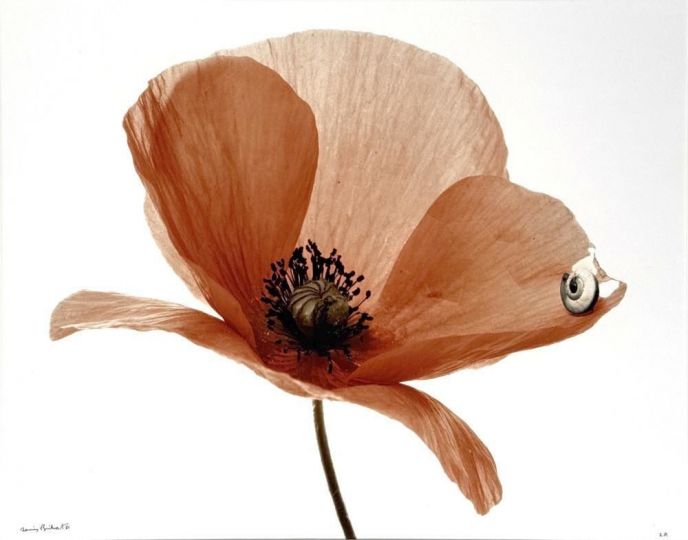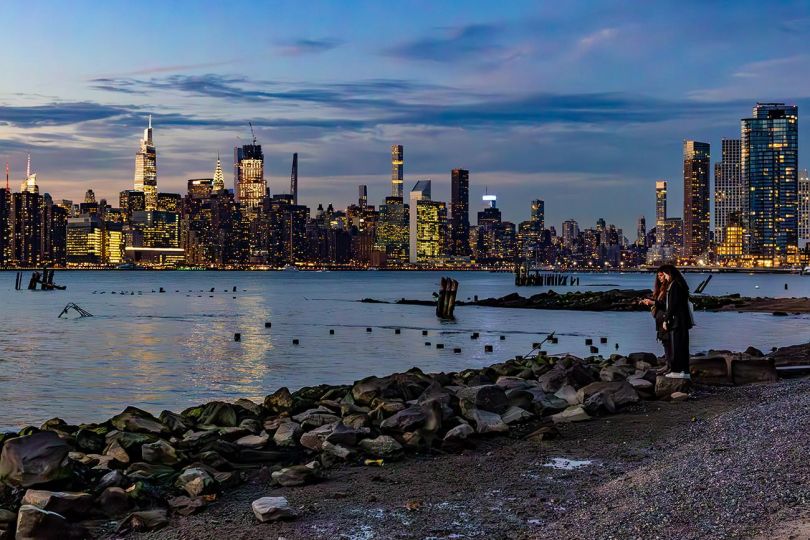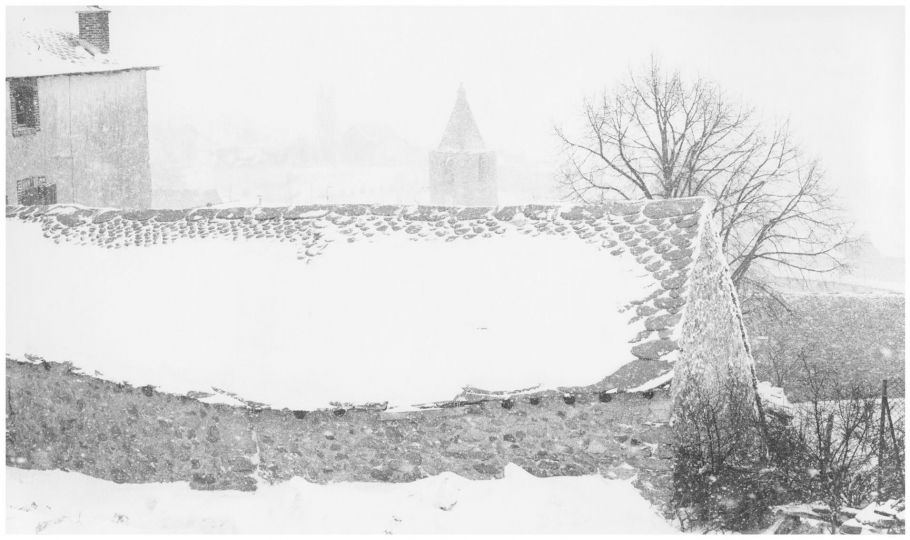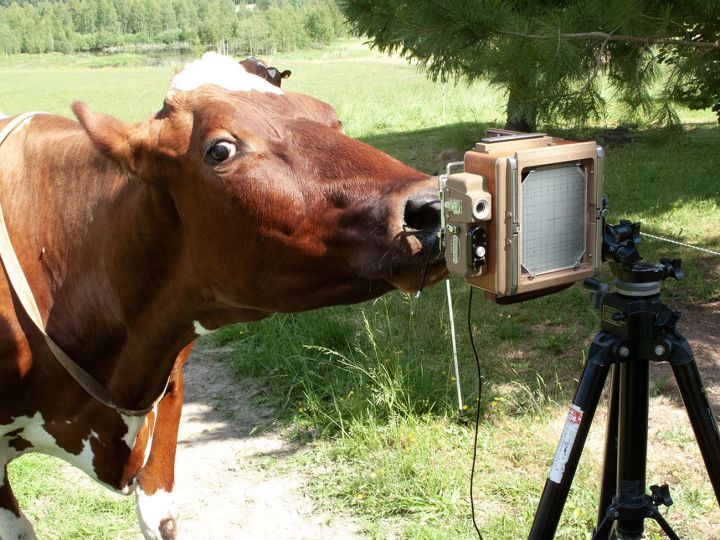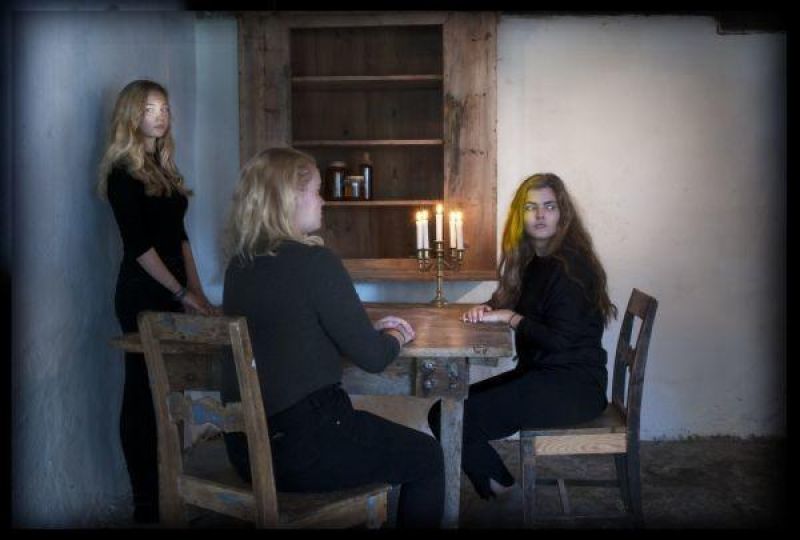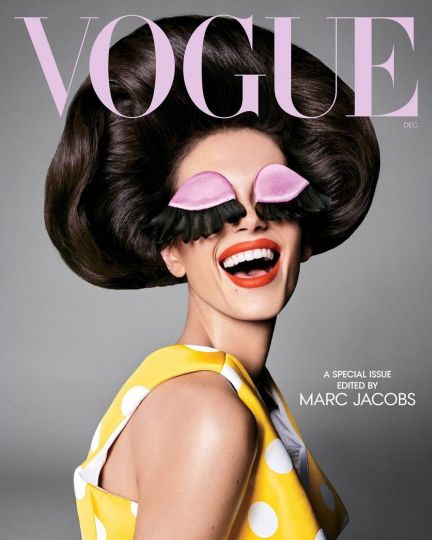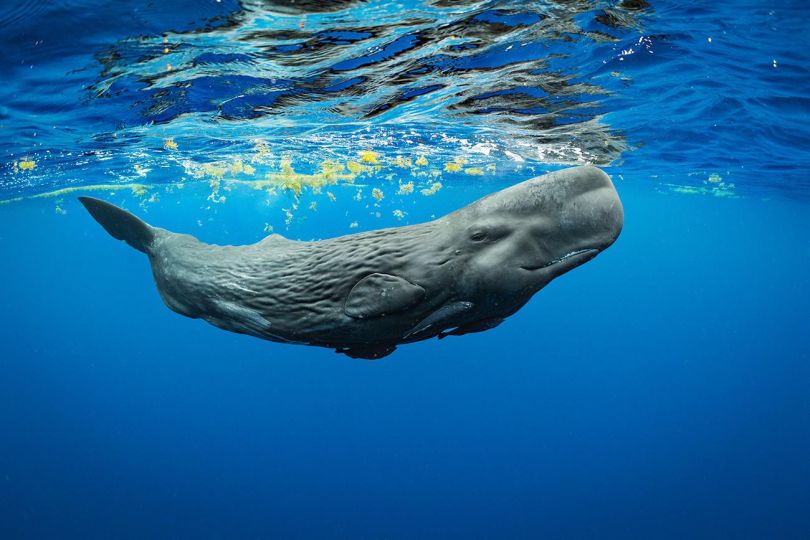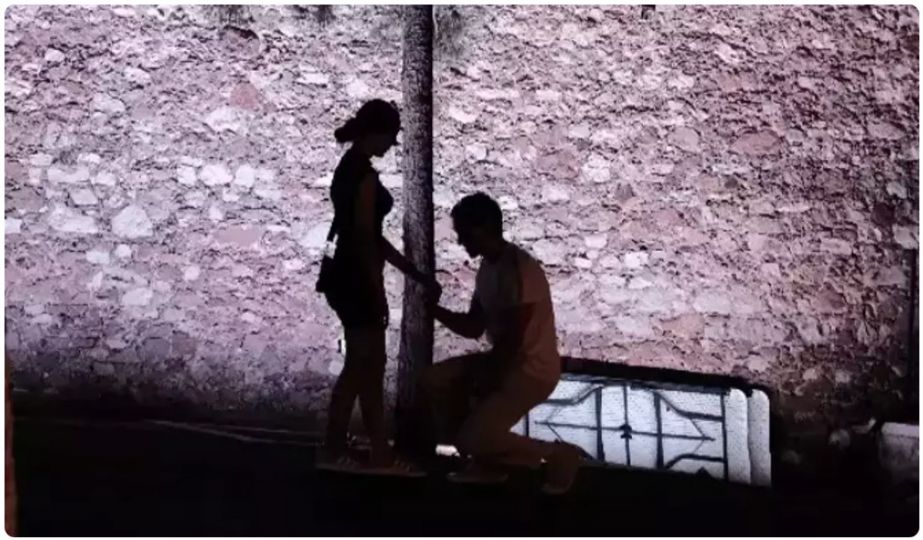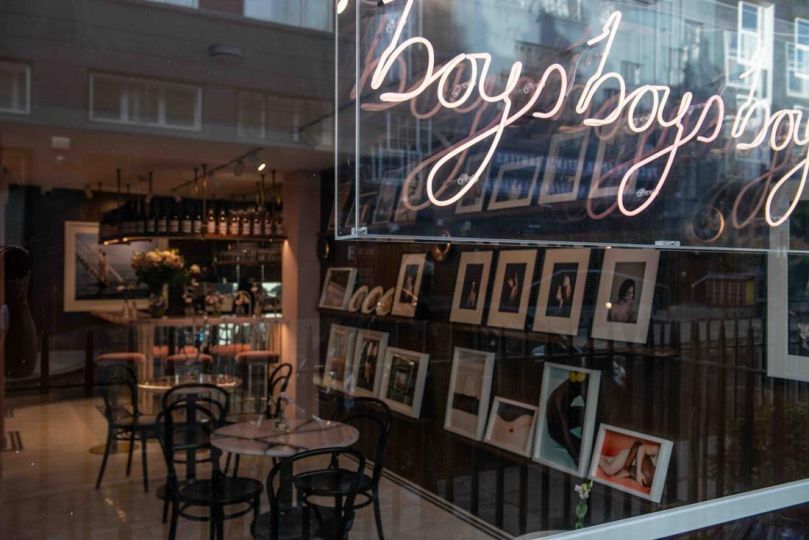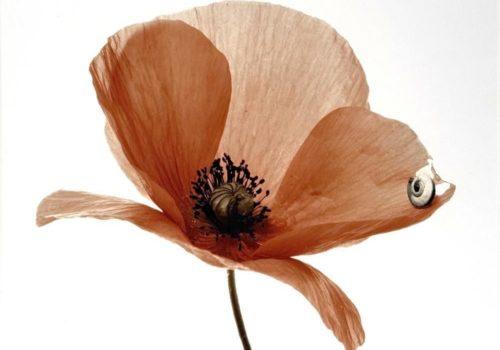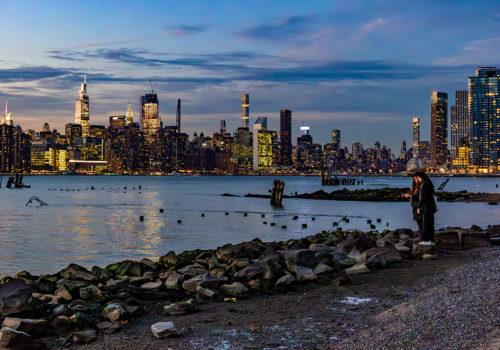Introduction by Maja Hoffmann and Tom Eccles to the book accompanying the exhibition.
Picture Industry: A Provisional History of the Technical Image (1844–2018) offers a poignant reflection both from the formative moments of photographic history and also contemporary responses to that history (and those texts) from our current condition of one that refutes universalization whether through race, gender, or class. But Beshty’s argument goes further to suggest that the photographic medium is also affirmative, providing the means to counter dominant narratives in highly responsive ways.
In this, Picture Industry aims to complicate traditional accounts of photography, drawing from its role within science, the humanities and contemporary art. As media that derive their potency from their ability to circulate—in a sense, the ability to easily reproduce—Walead Beshty argues that photography and film are not reflections of the world and its inequities, but rather constituent in the processes of colonization, class repression, criminalization, racism. This is particularly so with regards to modes of circulation. The texts included here offer a poignant reflection from the formative moments of photographic history and also contemporary responses to that history from a current perspective that refutes universalization whether through race, gender or class. But Beshty’s argument goes further to suggest that the photographic medium is also affirmative, providing the means to counter dominant narratives in highly responsive ways.
For this publication, Beshty has also drawn from the artists and artworks featured in the exhibition, Picture Industry, presented at the Parc des Ateliers, Luma Arles (2016 and 2018) and at the Center for Curatorial Studies, Bard College (2017). The wide variety of materials that constituted the three exhibitions (including collections of photographs, slide projections, periodicals, wallpaper, films and recent video installations, sculptures, and printed works on paper) created numerous situations within which to consider not only the materiality of images and the technologies that form their reception, but also the conflicted social history that lies under their surfaces and is inextricable from their origins.
Art historian Noam Elcott, in his Artforum review of the exhibition states: “Picture Industry has quietly thrown down the gauntlet, not only for exhibitions that address the history of photography, but for all future surveys of twentieth-century art and political imagery broadly….Stated polemically, the argument is that photography does not exist—only photographic platforms do; the photograph does not exist—only its circulation does.”
For the Luma Foundation (and on this occasion our partners at the Center for Curatorial Studies, Bard College), Picture Industry represents an ongoing research project into image production and its distribution—a component part of an archipelago of programs that broadly address the artistic, environmental and human rights urgencies of our time.
Picture Industry is the result of a multi-year investigation and curatorial project that has benefitted from the efforts of many collaborators. Our thanks first and foremost to Walead Beshty for his original vision, tireless research and ongoing commitment to a project that at times seemed without bounds.
The challenges presented by Beshty’s ambitiously broad-ranging vision for Picture Industry were equally matched by our various teams of collaborators, registrars, exhibition organizers, editors and designers. We would like to extend a special thanks to Bryne Rasmussen and John Ryan Moore at Walead Beshty Studios, Luz Gyalui at Luma Arles, and Marcia Acita and Amy Linker at CCS Bard, without whom this project could not have been accomplished. The early development of this publication benefitted greatly from the extensive research and editorial efforts of Molly Everett and Andrew Blackley. We are particularly grateful for the dedicated work of editor James Merle Thomas and designer Ria Roberts, both of whom embraced the task of producing such an extensive publication within a limited timespan. And finally, our thanks to all our colleagues who together made this project possible.
Maja Hoffmann
Founder and Executive President
Luma Foundation
Tom Eccles
Executive Director
CCS Bard
Picture Industry: A Provisional History of Technical Image, 1844-2018
Until January 6, 2019
Luma Arles
Parcs des Ateliers
45 Chemin des Minimes,
13200 Arles



